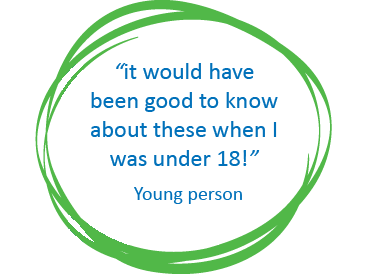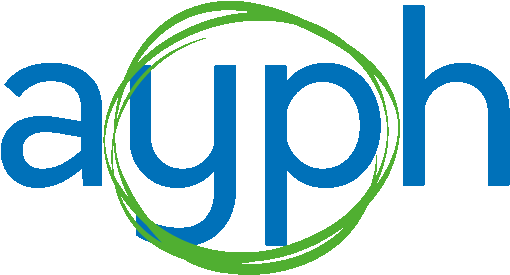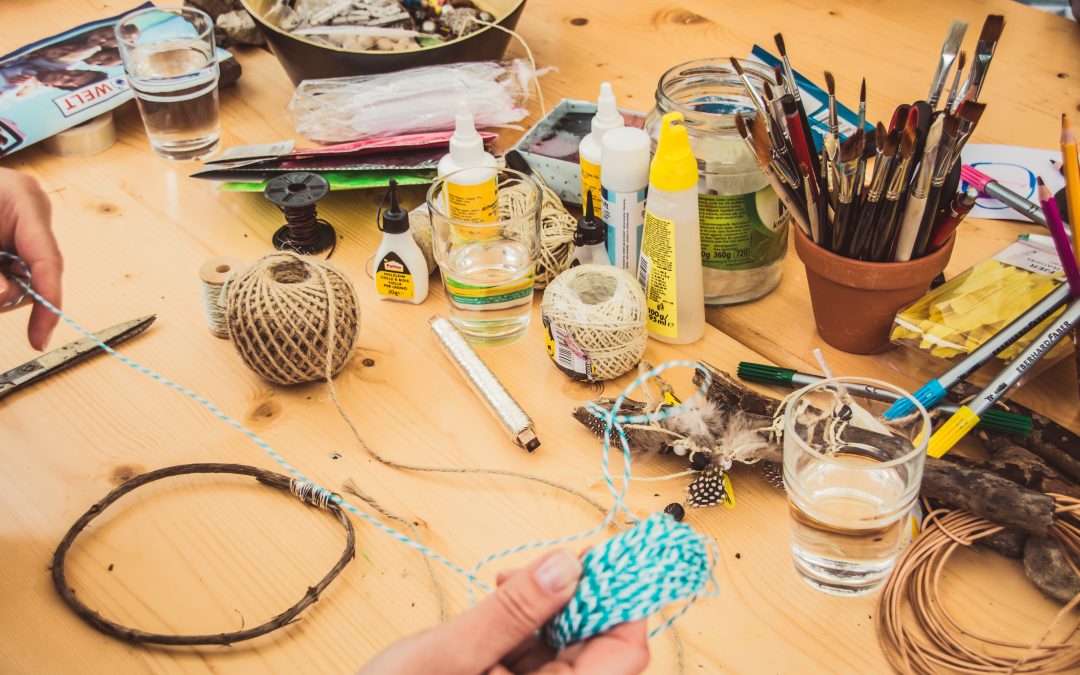Following our We’re All Right project we have had the pleasure of developing and running youth led workshops on creating rights based approaches. These highlighted the important role of free youth spaces that young people choose to attend and how they provide informal education. This post was co-written by the We’re All Right project team: Lindsay Starbuck, Diana Melnyk and Laura Clarke
A Chidren’s Rights Alliance England report published earlier this year about the current state of children’s rights in the UK makes for pretty grim reading. Rather than increasing young people’s rights, the UK has been backsliding on many of them since it ratified the UNCRC. When rights are seen primarily as the responsibility of the government to uphold, it can feel dispiriting. But young people’s everyday lives rarely involve direct encounters with the state. Instead most of their time is spent at school, home and in youth spaces where adults could be doing more to promote and protect their rights.
The current state of young people's rights in the UK
After supporting young survivors to develop a rights-based approach, AYPH’s We’re All Right project team developed a workshop for other groups of young people to create their own. We delivered sessions with the Freedom group at Off the Record in Bristol and with the Culture Collective at Gap Arts Project in Birmingham.

Although a few participants were well versed in rights, the majority didn’t know they were entitled to any rights at all. They received no education about young people’s rights in school and were not informed by parents/carers or anyone else in authority. They were amazed at the breadth of rights to which young people are entitled in the UNCRC. This was often accompanied by anger that they were just finding out about them. As one young person said, ‘it would have been good to know about these when I was under 18!’
The existence of rights is only one part of the equation. When we asked if they thought those rights were actually being upheld in society at large, the answer was a resounding no. What emerged from both of these workshops and the We’re All Right project was the vital importance that physical youth spaces play in young people’s lives. Participants highlighted that these were the only places where their rights were genuinely respected. Three key aspects made youth spaces unique and valuable to young people.
1. Free to Access
The Freedom group discussed the concept of third places – the first being home and the second being work/school – where people can meet and exchange ideas. For adults, these are places like cafes, pubs and hairdressers/barbers, which generally involve an exchange of money. As young people are less likely to have their own income, free places such as parks, public libraries and youth centres are vital. The two youth spaces we worked in were not only free to access but also provided refreshments, a library and craft materials for anyone who attended.
2. Informal education
Leisure and socialising are major draws for young people to attend these youth spaces but there is a huge amount of informal education happening at the same time. The Culture Collective hosts Debate and Create days where they discuss controversial topics then give young people art materials to explore them creatively. Their most recent event asked young people ‘should Britain still have a monarchy?’ and their public café became a gallery to display the resulting artwork. When looking through the UNCRC, they pointed out that it was in this space where they were able to develop their true talents, interests and abilities.
3. Voluntary participation
Young people make the choice to attend both of the spaces where we delivered workshops. On top of this, they were actively involved in creating the environment by developing their own codes of conduct and organising activities for themselves and other young people. Even when we came to deliver our workshop, the young people were given the choice whether or not to participate. These were both safe places for young people to explore who they are and how they want to exist in the world outside of the control of adults.
Despite all the pressures young people in the UK face, We’re All Right workshop participants told us again and again what a difference supportive youth spaces make in their lives. We must continue to demand that the government do better and meet the promises made by adopting the UNCRC. But we shouldn’t forget that it’s both possible and necessary for us to create a network of pockets where young people’s rights can be upheld here and now.
If you’d like to explore ways you can protect and promote young people’s rights, check out the We’re All Right learning hub and take the opportunity to become a Youth Rights Champion.
Visit the We're All Right Learning Hub
Explore ways you can protect and promote young people’s rights and become a Youth Rights Champion

